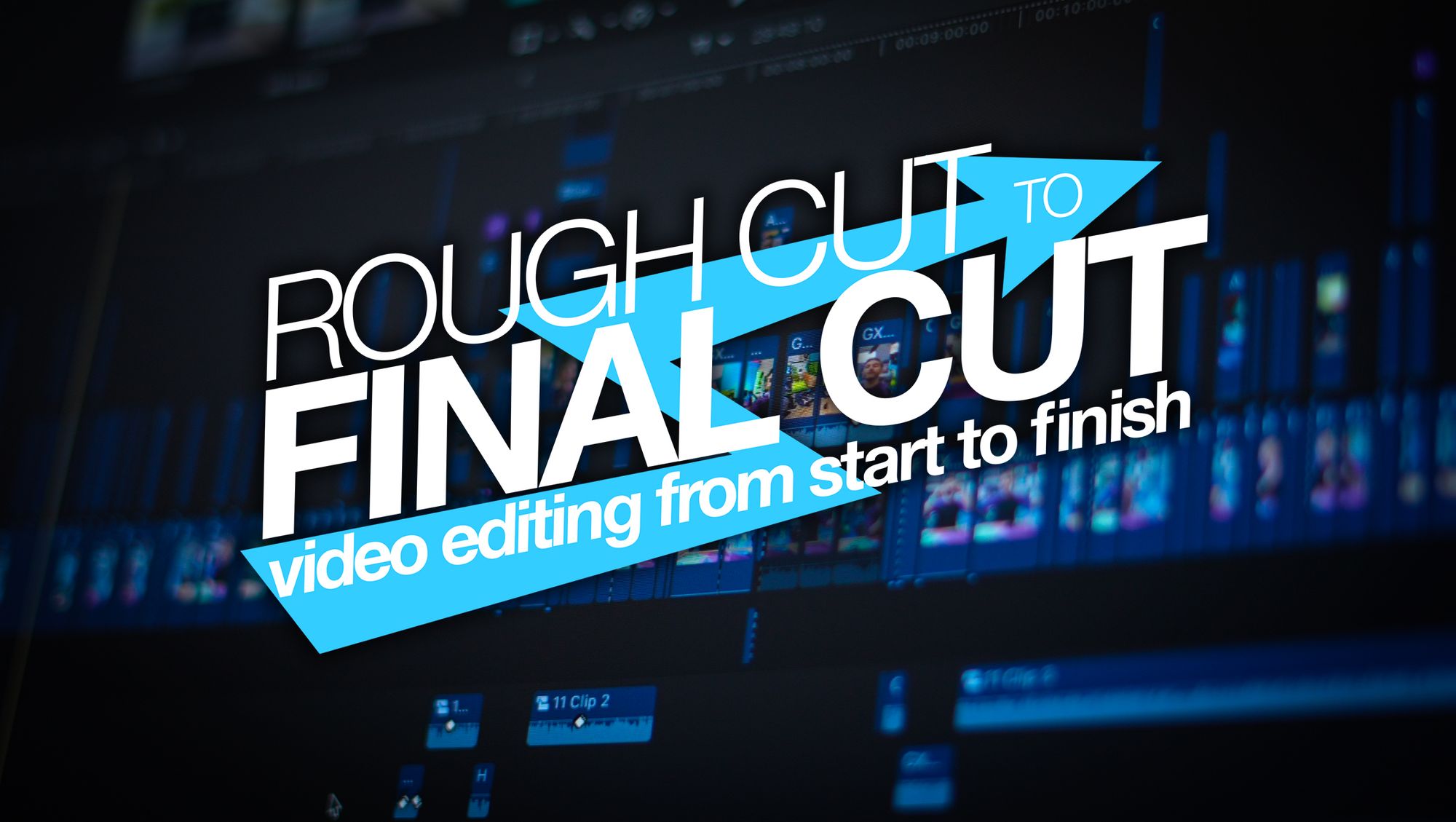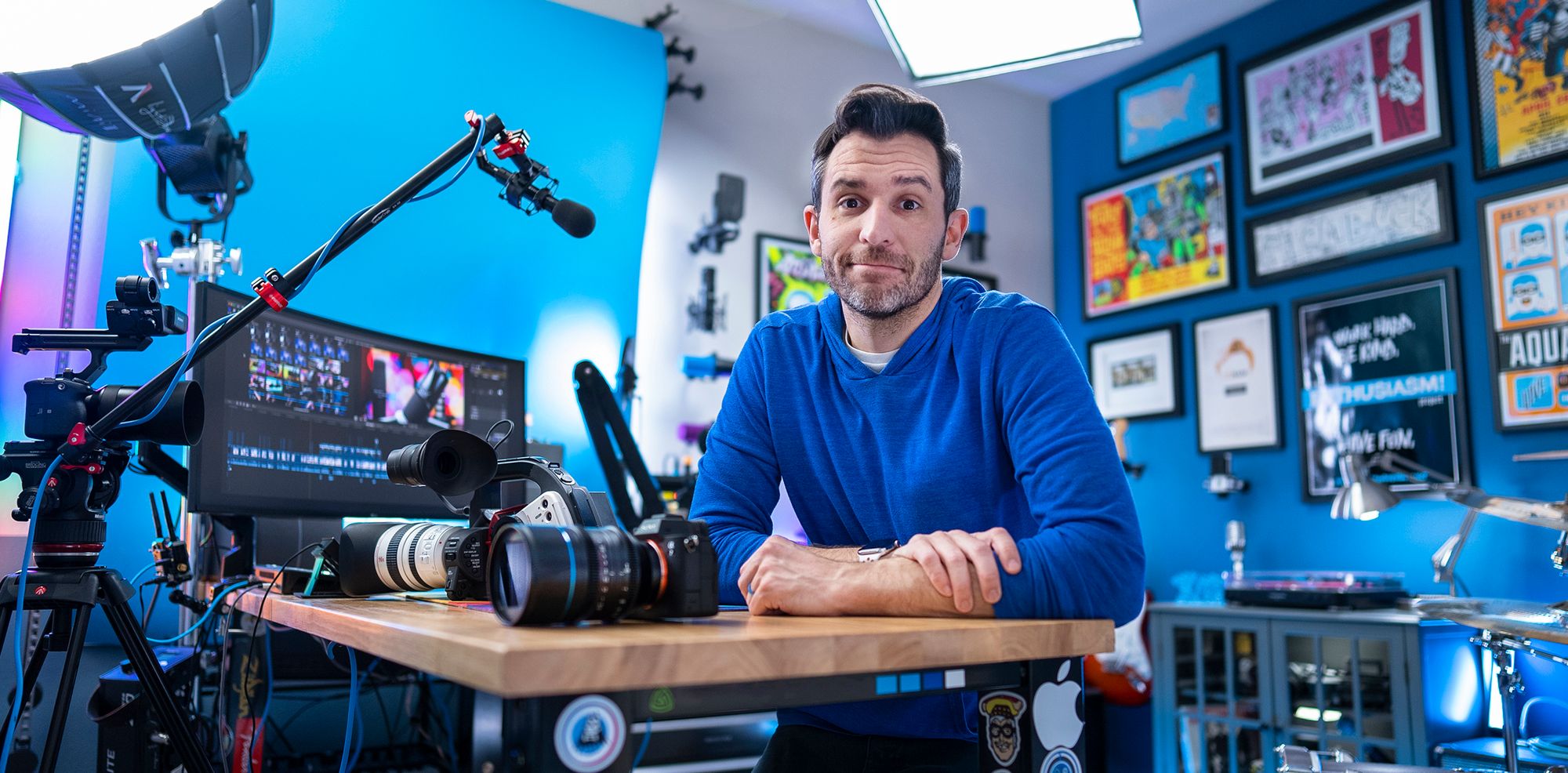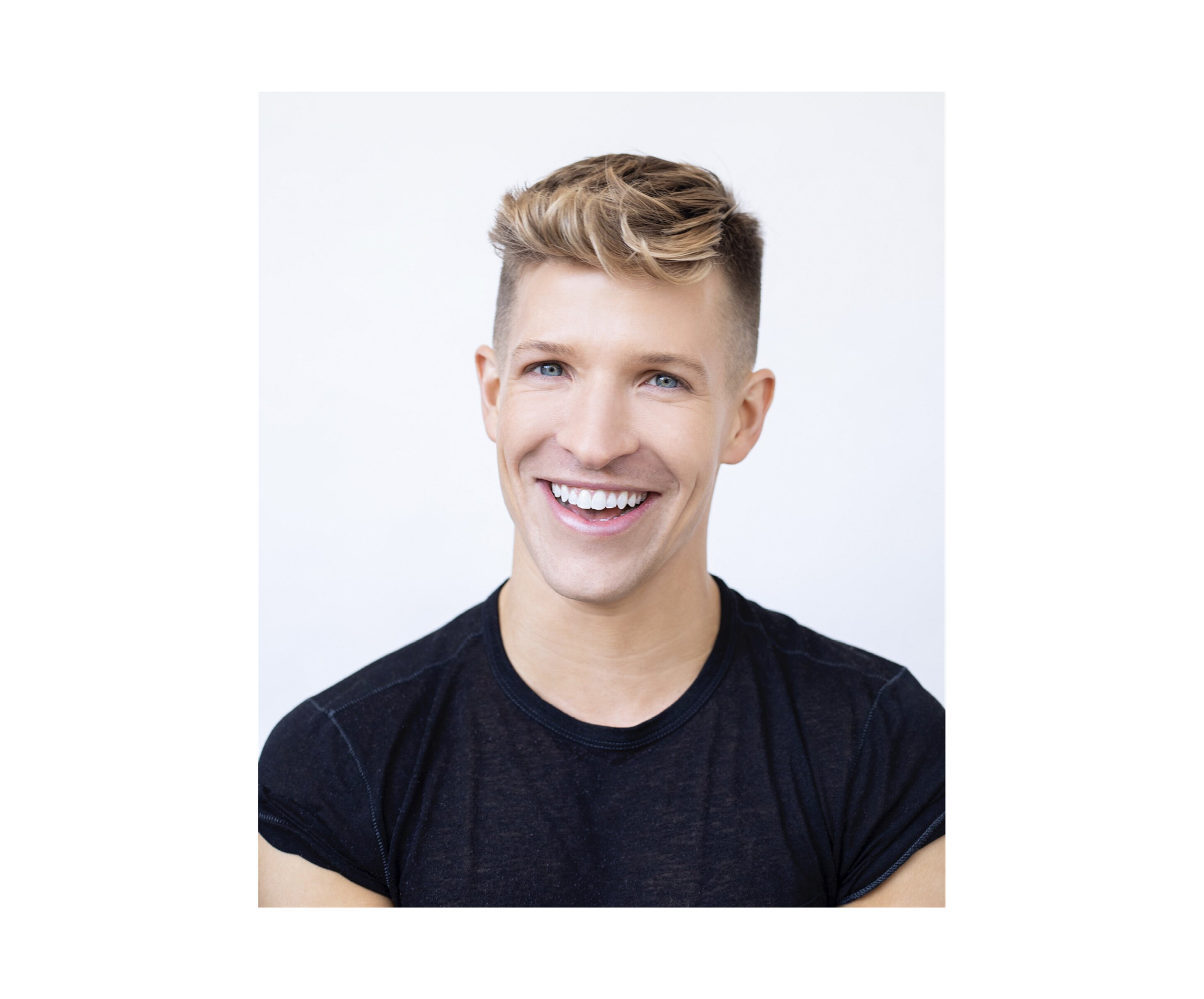Interested in starting your own entrepreneurial journey in content creation but unsure what to expect? Then read up on our interview with Tom Buck, audio & video expert, located in Palm Springs, CA, USA.
What's your business, and who are your customers?
I run a YouTube channel where I can share my enthusiasm for everything related to audio and video production. To that end, the "customer" is a mix between YouTube and the viewer. The platform is happiest when people watch videos, so if I can make videos that people find interesting/helpful/entertaining, then hopefully, they'll want to keep watching.
Everything on the channel is free, but over time I did find that there are some viewers who want to go a bit above and beyond, either to grow their own skills through courses or 1-1 consultations or show support through things like Patreon and Channel Memberships.

Tell us about yourself
I've been a lifelong audio/video production nerd. My first memory of using a camera was playing around with an 8mm Sony Handycam when I was four years old. I thought it was absolutely incredible that something could happen and then…you could relive it! You could see and hear everything again because it was recorded! Magic!
I kept working with A/V stuff in "official" positions as an employee or intern and as a freelancer/just for fun up until I began my teaching career. When I started teaching, I was originally an English teacher. I thought my A/V interests could be fun hobbies on the side to focus on over breaks or during the summer. But one of the best things I ever learned was always to indulge your curiosity and learn more about things you're interested in. Because of that, and through a whole bunch of stars aligning in just the right way, everything ended up merging together, and I was able to become a Digital Media teacher and helped to build two separate Digital Media career pathways over nine years.
Teaching didn't leave a lot of time to make my own stuff, and I always felt guilty about that. I decided to start a YouTube channel in 2017 as an outlet to make whatever I wanted without it being connected to work or anything. Funny how that works because YouTube is now my full-time job. I left my teaching position in March of 2021 and have been doing YouTube full-time ever since. I also met my wife because of YouTube, so the platform will always be very special to me.
What's your biggest accomplishment as a business owner?
Honestly, just the fact that I did it! I'm probably the last person I would've ever expected to leave a stable career and go out on my own, but I'm so glad I did. Looking back, I realize that a lot of friction I felt in workplaces came from trying to fit an "entrepreneurial mindset" into a non-entrepreneurial situation. Unfortunately, in order to be a good employee, that often means setting some of your ideas aside or compromising and ending up with results you're not as happy with.
What's one of the hardest things that comes with being a business owner?
The uncertainty is tricky. A great month can be followed by your worst month of the year. When I was a teacher, our salary schedule had a cap on it, which meant that after about ten years, you'd never get a raise. No matter how much time or effort you put in, the financial return wouldn't change. But at the same time, I always knew that my pay would never go down. There was a bit of security in that kind of safety net. Working for myself is the opposite: there's no earning limit, but there's also no minimum.
What are the top tips you'd give to anyone looking to start, run and grow a business today?
I think it's important to know when to "formalize" everything and to do that as early as possible. And I think there are three really important parts of that:
- Create a business entity. I think for most people, this is usually an LLC. This is not only something that most state and federal governments tend to require, but it also makes you much easier to work with. Many organizations/clients can't make payments to individuals and will require a business ID for payments. It also protects you as an individual since your assets and those of your business are separate. This seems obvious for large organizations, but I think it's tricky for individuals. If you're someone who makes YouTube videos, for example, it can be tricky to think of when your AdSense payments should start going into a business name and not your own.
- Save for taxes. Even with a small and relatively simple business, I've found taxes to be wildly confusing. It's VERY different than when I worked as an employee, and everything was done automatically before I even got my paycheck. Personally, I take 50% of all income and move it into a separate account that's just for taxes. 50% is probably a little higher than needed, but I'd rather be safe than sorry.
- Find a bookkeeper/accountant who understands your business and your State laws and meet with them at least quarterly. Once these things are taken care of, it takes a ton of stress off your shoulders so that you can focus on what you care about most.
Where can people find you and your business?
Website: https://himynameistom.com/
YouTube: https://www.youtube.com/channel/UCRtDHXdrLyYZF6cY9bJhjlg
Instagram: https://www.instagram.com/sodarntom/
Twitter: https://twitter.com/sodarntom
If you like what you've read here and have your own story as a solo or small business entrepreneur that you'd like to share, then please answer these interview questions. We'd love to feature your journey on these pages.
Turn your craft into recurring revenue with Subkit. Start your subscription offering in minutes and supercharge it with growth levers. Get early access here.



